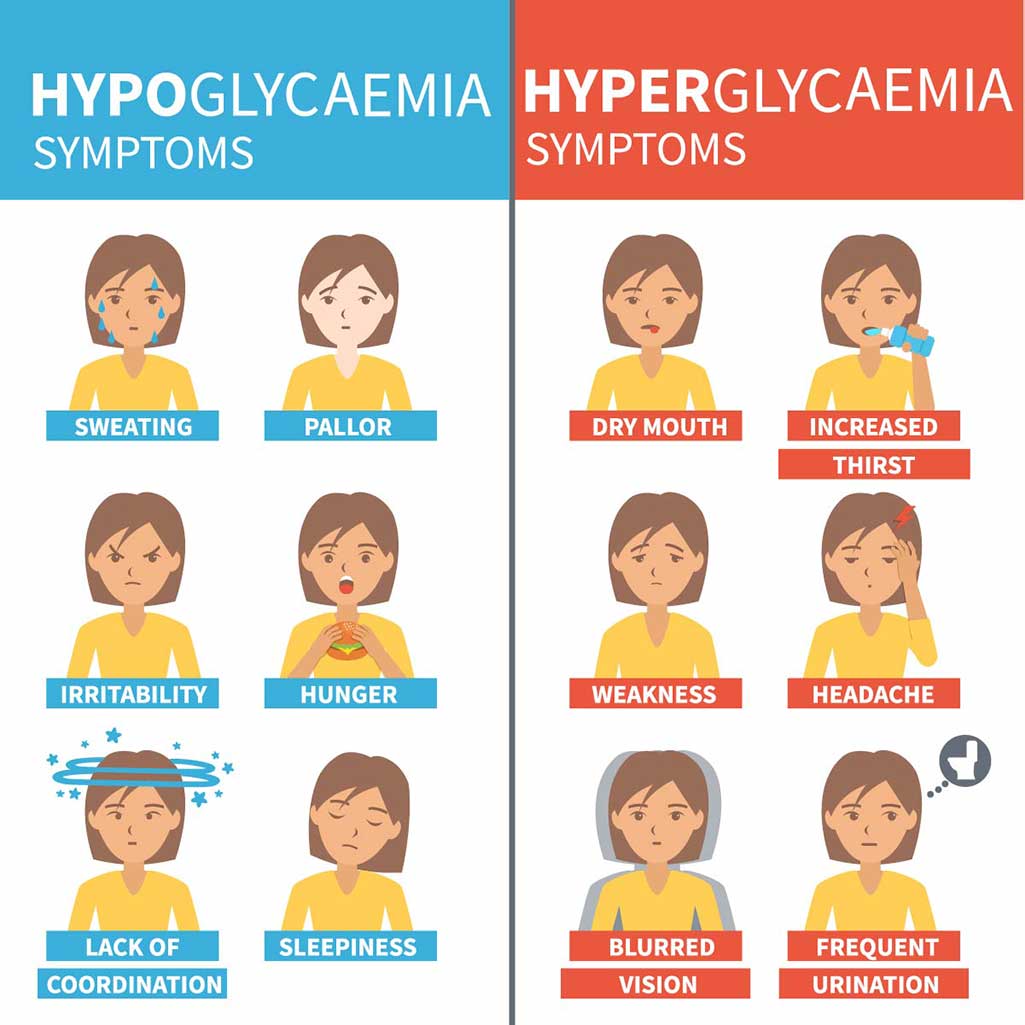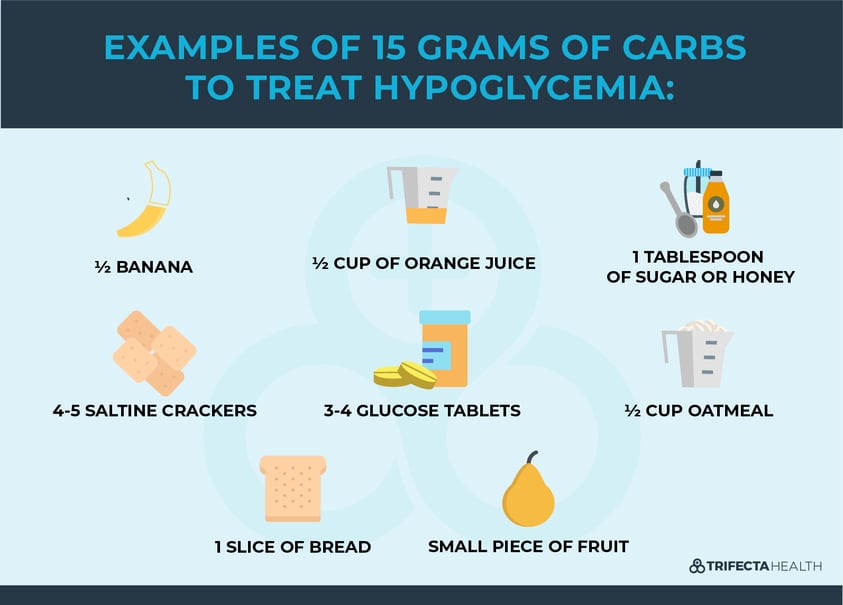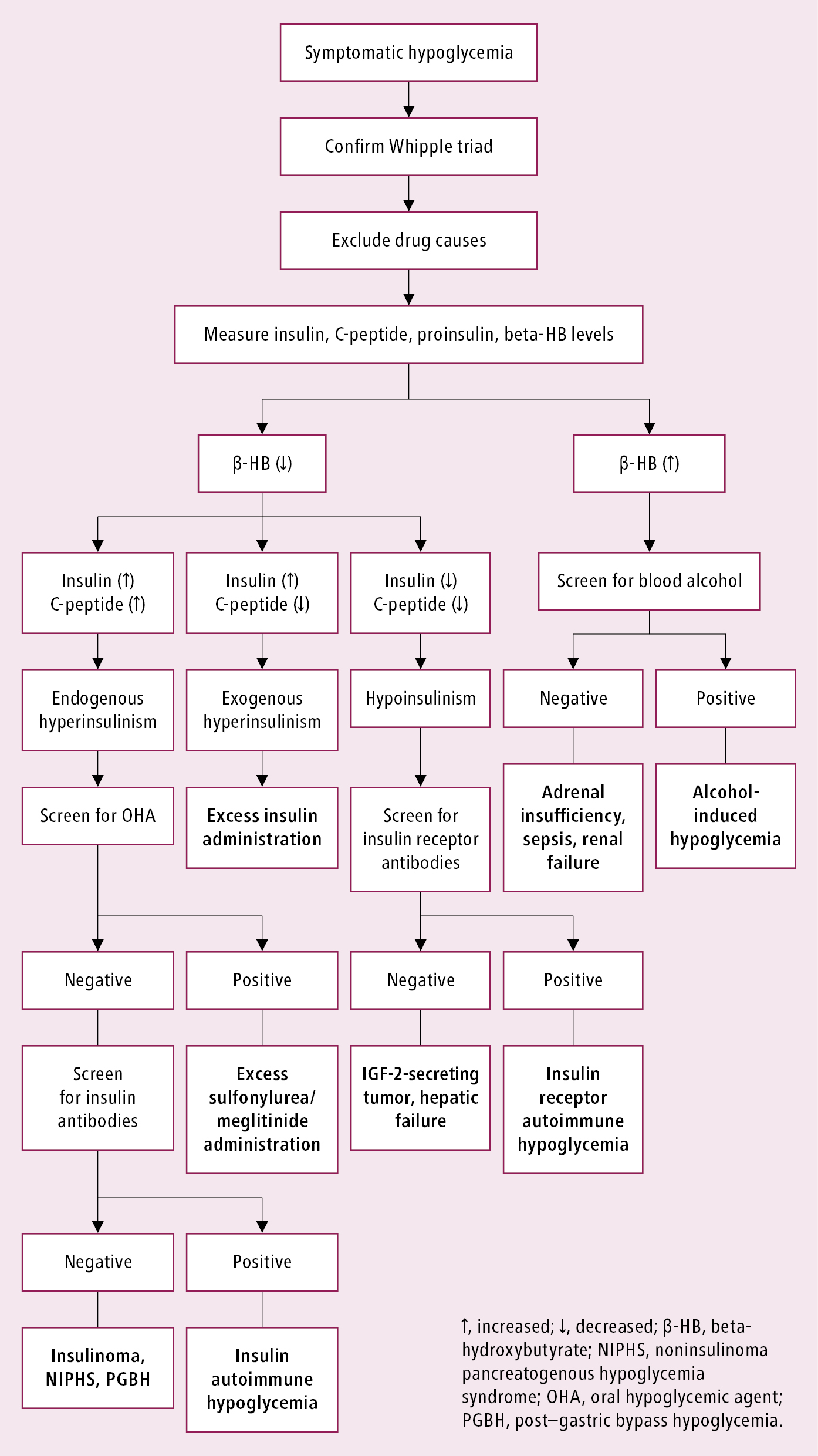Awe-Inspiring Examples Of Tips About How To Treat Reactive Hypoglycemia

Reactive hypoglycaemia is a condition that results in episodes of low blood glucose levels after eating.
How to treat reactive hypoglycemia. Simple sugars, such as candy, sweetened drinks, honey and table sugar can. Patients should avoid simple sugars, increase the frequency of their. Verywell / alex dos diaz this.
Treating reactive hypoglycemia may involve a combination of dietary changes and medications. To treat hypoglycemia , blood sugar levels must be raised back to healthy values. Eating small meals throughout the day:
Eating a small amount of food. Treatment no medical treatment is usually required for cases of reactive hypoglycemia. The following dietary changes may be helpful to relieve the symptoms associated with reactive hypoglycaemia:
The dietary practices below may help prevent symptoms of reactive hypoglycemia: Reactive hypoglycemia, postprandial hypoglycemia, or sugar crash is a term describing recurrent episodes of. Eat smaller meals and snacks about.
It’s likely the result of your body making. To do this, people are typically asked to eat or drink 15. How do you treat hypoglycemia?
It’s common to associate hypoglycemia, or low blood sugar, with diabetes. Check it after 15 minutes.
Instead, patients are generally advised to: For fasting hypoglycemia, you may have blood glucose checked every few hours during a fast lasting several days. Most people can manage their reactive hypoglycemia with lifestyle changes, for example:
Preventing recurrent hypoglycemia requires your health care provider to identify the condition causing hypoglycemia and treat it. How do you treat reactive hypoglycemia? Ensure a balanced diet is consumed include a variety of foods.
Hypoglycemia requires immediate treatment by. Metabolic conditions that are passed down in families, also called inherited metabolic. Metformin and agi therapy may be recommended if there is late rh with ifg.
Takeaway what is it? Some surgical procedures, such as gastric bypass or other bariatric surgery. Sweating confusion rapid heartbeat weakness and extreme fatigue feeling faint hunger in severe cases, loss of consciousness, coma, and death if you’re suffering.


















